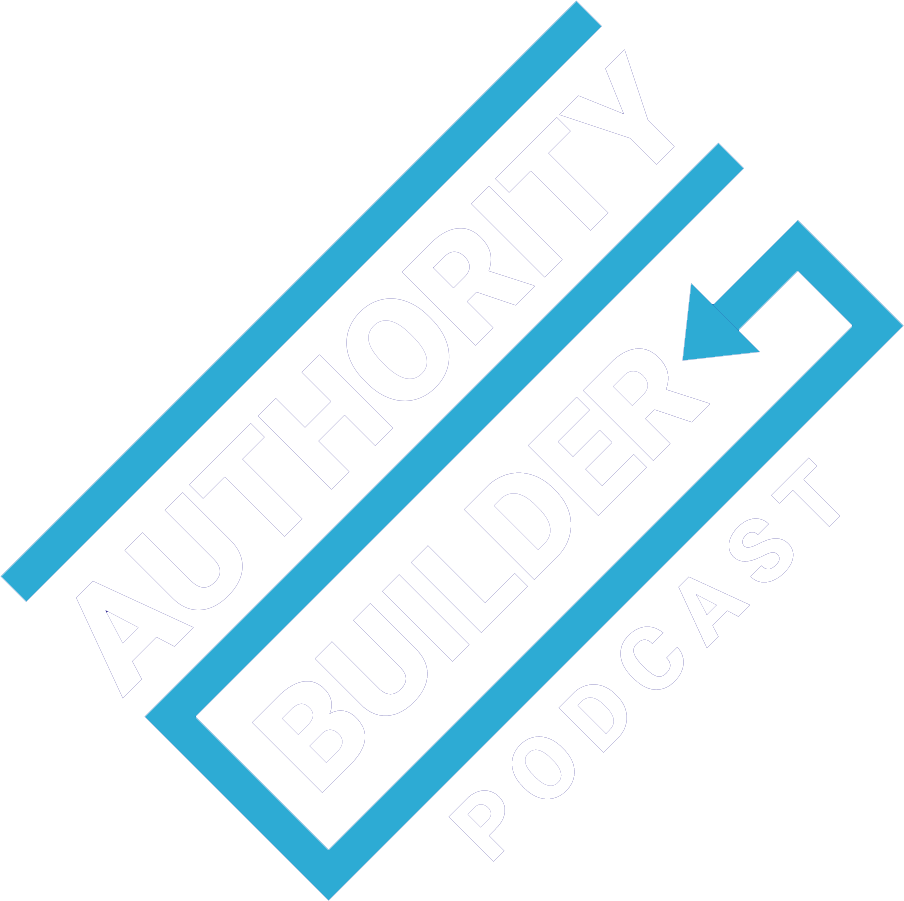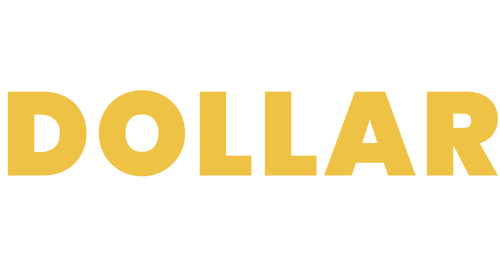The online education space may seem saturated…the opportunity long past. Not so, says my guest Jonathan Cronstedt, President of Kajabi.
He maintains that thanks to two recent trends, there is a ready-to-buy audience in just about every niche.
A growing market, plus today’s technology, means it’s never been easier for anybody, from any background, to profit from what they know.
“JCron” also explains how to form a productive relationship between a company and a consultant.
Sometimes there can be friction when an outsider comes in. But he has strategies for collaboration that produces amazing outcomes.
You’ll also learn…
- Ways to leverage “hyper-individualism” to break into new markets
- The key differences between start-up and scale-up
- Why simple information isn’t enough when “selling” knowledge
- Tips for avoiding the paralysis of micro-management
- The answer to every entrepreneur’s hardest question
- And more
Mentioned in the show
- Jonathan Cronstedt
- Kajabi
- Reid Hoffman
- Intuit Insights 2020
- Revenge of Analog
- @TheJCron – Twitter
- Enjoyed this episode? Rate this podcast on iTunes >>


